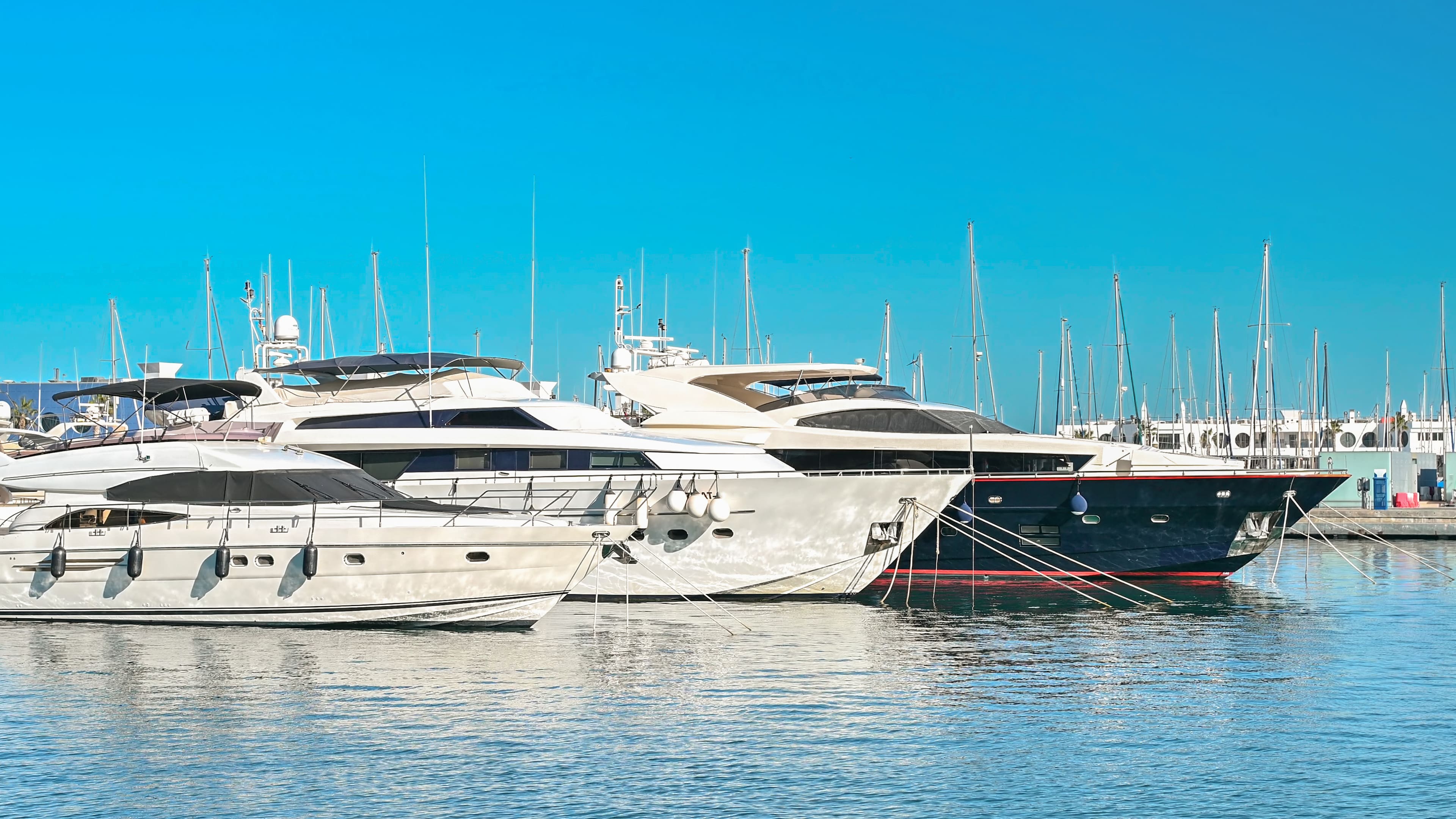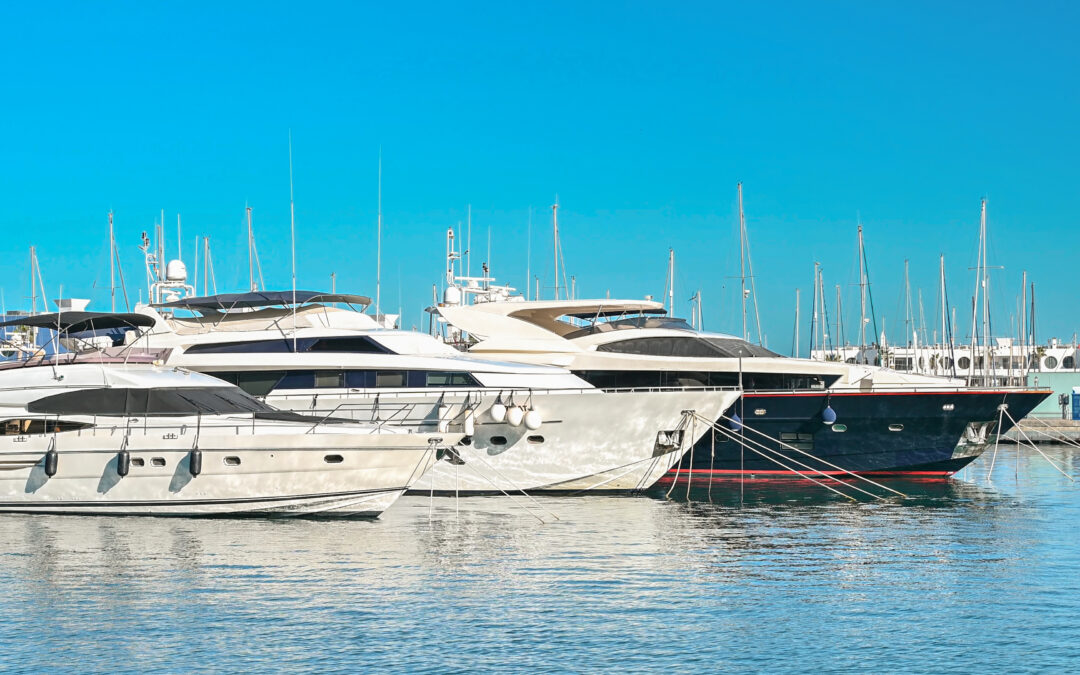What is a Port Fee in the Balearic Islands?
Port fees are charges for using port facilities and services. In the Balearic Islands, recent changes to these fees have sparked discussions about their effects on yacht repairs and maintenance. These fees regulate and fund essential services for vessels in the region.
Link for Port Website
Current Regulations on Port Fees and Yacht Maintenance
The Balearic Port Authority (APB) outlines the regulations for yacht repairs and maintenance in the area. These regulations define the criteria and rates for these services. The primary goal is to ensure compliance with port standards and maintain transparency. Since the regulations were introduced, Lantimar has been offering specialized services to help businesses comply with them.
Lantimar Yachting’s Representation Services
Lantimar Yachting provides essential representation services for non-Spanish companies that want to repair yachts in Balearic ports. Our team helps companies follow local regulations, ensuring smooth operations in important shipyards like STP (Servicios Técnicos Portuarios).
Lantimar Group also acts as a key partner for non-European suppliers. To work on public land in the Balearic Islands, suppliers must pay the port fee. This applies whether they service a vessel under the TPA regime, a European-flagged vessel, or a resident vessel in Mallorca.
Why Choose Lantimar Group for Representation?
Lantimar Group takes care of the complex legal and operational requirements, ensuring full compliance with local port standards. We guarantee that your yacht repair and maintenance operations run smoothly, without delays. If a European supplier is unable to pay the port fee, Lantimar can handle this process for you, so your work continues without interruptions.
With extensive experience, Lantimar Group makes navigating port regulations straightforward. Trust us to manage the challenges of yacht repairs, allowing you to focus on your business while complying with all local laws.

Annex 71: Differences Between the Entry of Yachts and Goods into the EU
What is Annex 71?
Annex 71 is a critical document that governs the temporary admission of yachts and goods into the European Union. It defines the conditions under which yachts and goods can enter and remain in the EU customs territory temporarily, without being subject to import duties.
Annex 71 for Yachts
Annex 71 allows yachts to enter the EU without paying taxes and customs duties, provided they meet specific conditions. These include the vessel being for personal use by a non-EU resident owner and the prohibition of commercial activities. This process is voluntary in Spain; however, it may be mandatory in other countries. The procedure must be initiated at the first port of entry into Europe, marking the start of the 18-month temporary admission period.
Annex 71 for Goods
For goods, Annex 71 permits the temporary entry of non-EU goods into the EU, provided the goods are not altered during their stay and are re-exported within the authorized period. This timeframe is typically determined either by law or by customs authorization. This regime is especially beneficial for goods or spare parts that need to enter, be used temporarily, and then be re-exported without incurring additional duties or taxes.
Key Requirements for Goods Under Annex 71
For a non-EU good, such as spare parts, to be delivered to a yacht under Annex 71, the yacht must meet the following conditions:
-
It must fly a non-European flag.
-
The owning company must be non-European.
-
It must be under Temporary Importation.
Navigating Annex 71 Regulations
Understanding Annex 71 is essential for the successful entry of yachts and goods into the EU. While specific regulations may vary by country, the goal remains consistent: facilitating temporary movement and avoiding unnecessary tax burdens.
At Lantimar Group, we specialize in advising and managing the entire process. Our expert team ensures the smooth entry and stay of yachts and goods in the EU, handling all necessary compliance and documentation for you.
